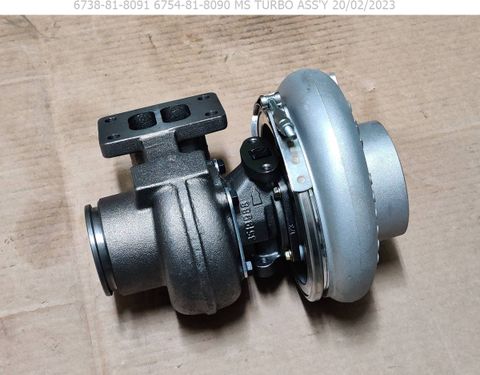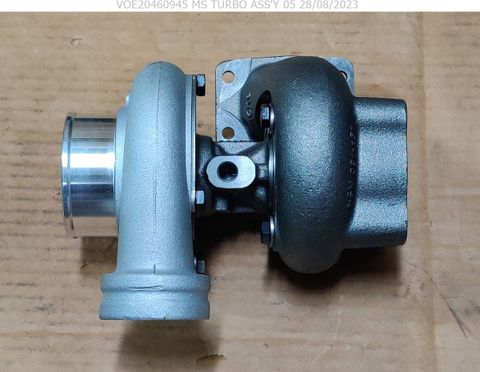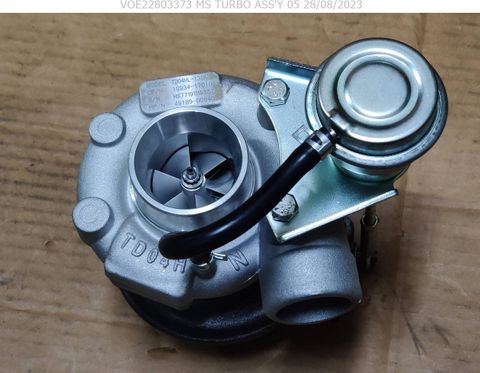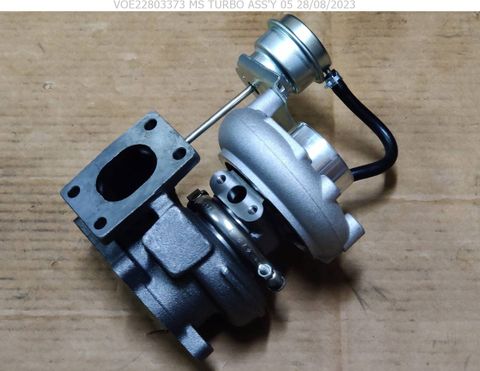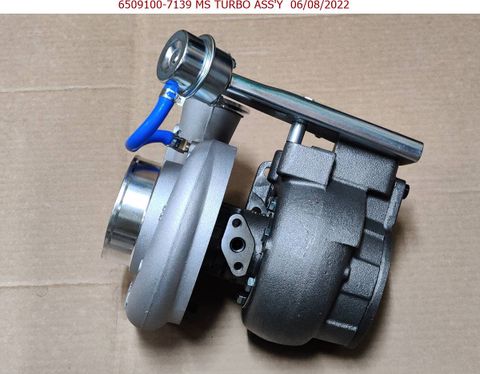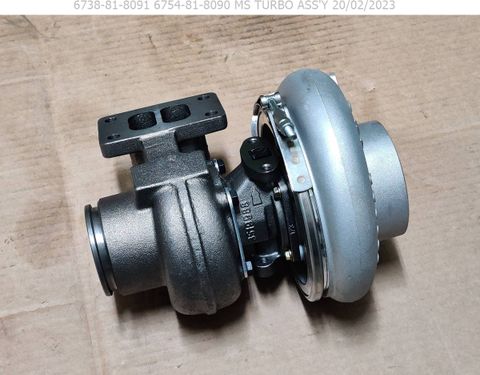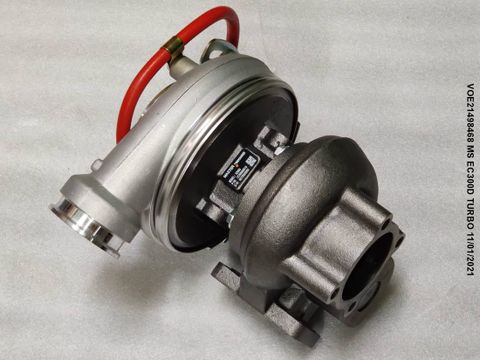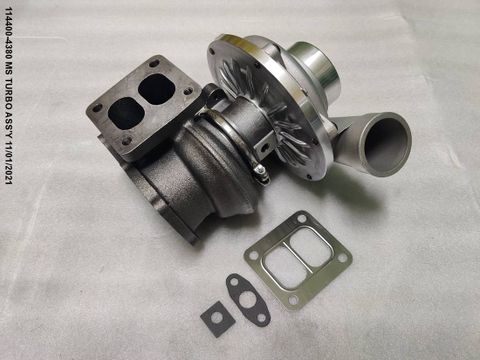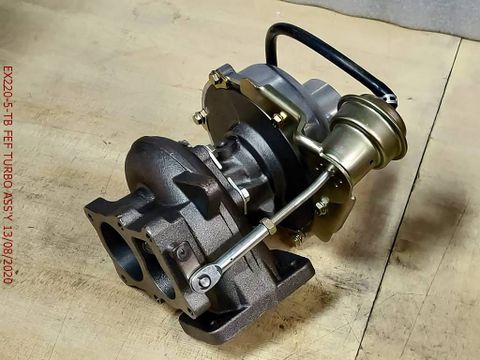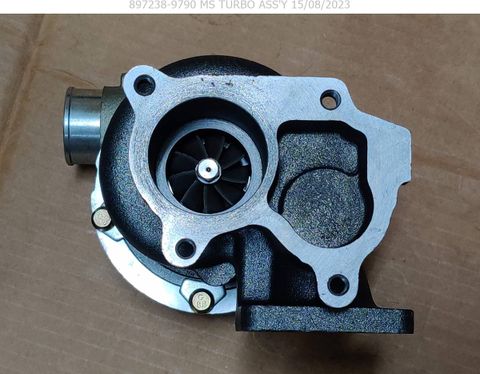TURBO
อัพเดตล่าสุด
ราคา:
ขอราคา
Share Product:
รายละเอียด
A turbocharger, commonly referred to as a turbo, is a critical component designed to increase an engine's efficiency and power output by forcing extra air into the combustion chamber. When a turbocharger experiences problems, it can significantly affect vehicle performance and engine health. Here are some common issues associated with a faulty turbocharger:
Loss of Power: One of the most noticeable symptoms of a failing turbo is a significant loss of power. The engine may feel less responsive, and acceleration may be sluggish due to the lack of additional air being forced into the combustion chamber.
Excessive Smoke: A failing turbo can cause the engine to emit excessive smoke from the exhaust. This smoke can be black (indicating unburned fuel due to improper air-fuel mixture), blue (indicating burning oil due to oil leaks within the turbo), or white (indicating coolant leakage).
Whining or Whistling Noise: A common sign of turbo problems is a high-pitched whining or whistling noise coming from the engine bay. This can indicate that the turbo’s internal components, such as the bearings or turbine, are damaged.
Check Engine Light: Issues with the turbocharger can trigger the check engine light. The vehicle's ECU monitors various sensors related to the turbo, and any anomalies can set off diagnostic trouble codes (DTCs).
Oil Leaks: Turbochargers rely on a steady supply of oil for lubrication. A failing turbo can develop oil leaks, either internally (causing blue smoke from the exhaust) or externally, leading to visible oil stains or puddles under the vehicle.
Increased Oil Consumption: If the turbo’s seals or bearings are worn, the engine may consume more oil than usual. This can lead to frequent top-ups and potentially severe engine damage if the oil level is not maintained.
Boost Pressure Loss: The turbocharger is designed to provide additional boost pressure. A faulty turbo may not be able to maintain the required pressure, leading to reduced engine performance and efficiency.
Poor Fuel Economy: Turbochargers are designed to improve fuel efficiency by providing more power from a smaller engine. A malfunctioning turbo can lead to increased fuel consumption as the engine struggles to compensate for the lack of boost.
Engine Overheating: Turbos can fail due to excessive heat. If the turbo’s cooling system is compromised, it can lead to overheating, which can damage the turbo and surrounding engine components.
Dirty or Clogged Air Filter: A clogged air filter can restrict airflow to the turbo, causing it to work harder and potentially leading to premature wear and failure.
Misfiring and Poor Idle: Problems with the turbo can affect the air-fuel mixture, leading to engine misfires and rough idling. This can also cause vibrations and uneven engine performance.
Summary
Turbocharger problems can manifest as a loss of power, excessive smoke, whining or whistling noises, check engine light activation, oil leaks, increased oil consumption, boost pressure loss, poor fuel economy, engine overheating, and engine misfires or rough idle. Addressing turbo issues promptly is essential to maintain engine performance and prevent further damage. Regular maintenance, including oil changes and air filter replacements, can help prolong the life of the turbocharger. If turbo problems are suspected, they should be diagnosed and repaired by a qualified technician.
ข้อมูลจำเพาะ
| คำสำคัญ | |
| แบรนด์ | |
| แหล่งที่มา | MY |
แคตตาล็อก Download
